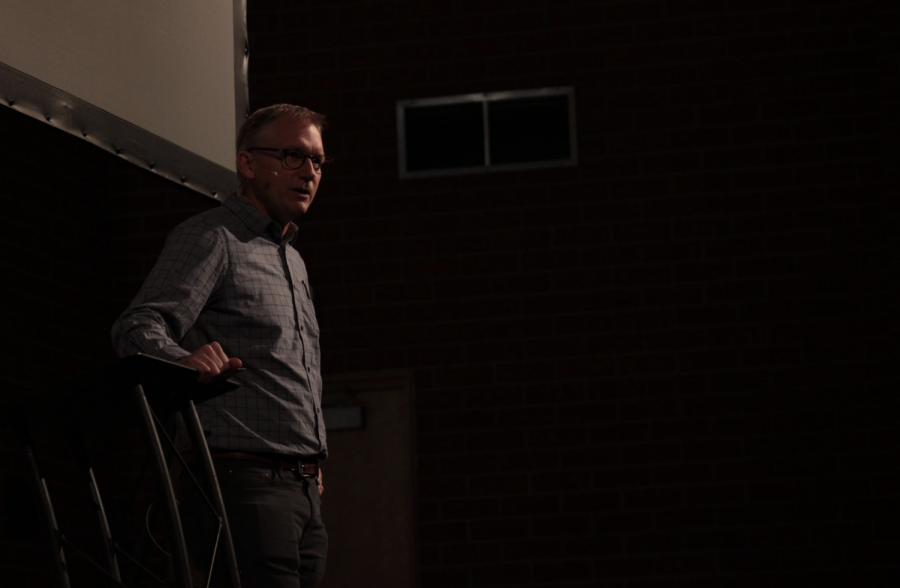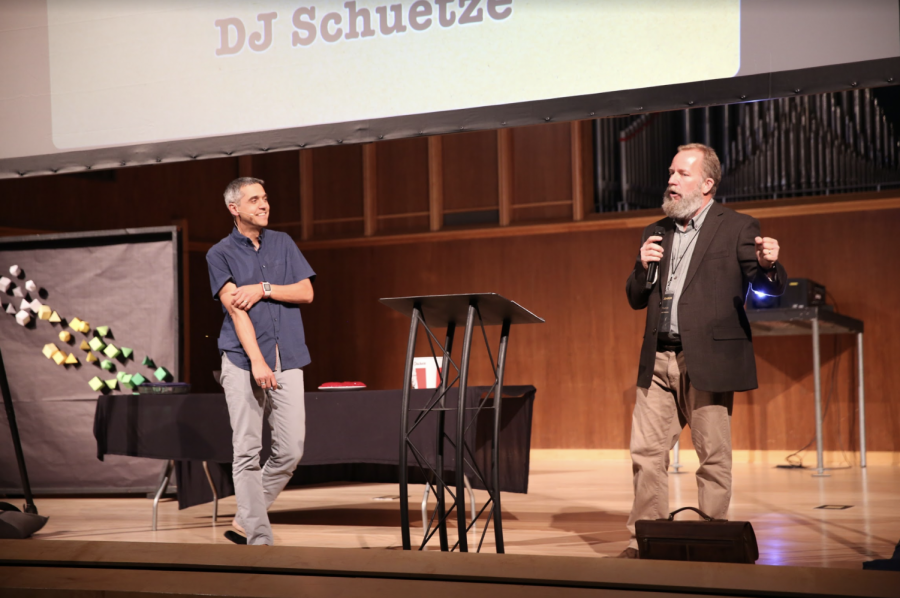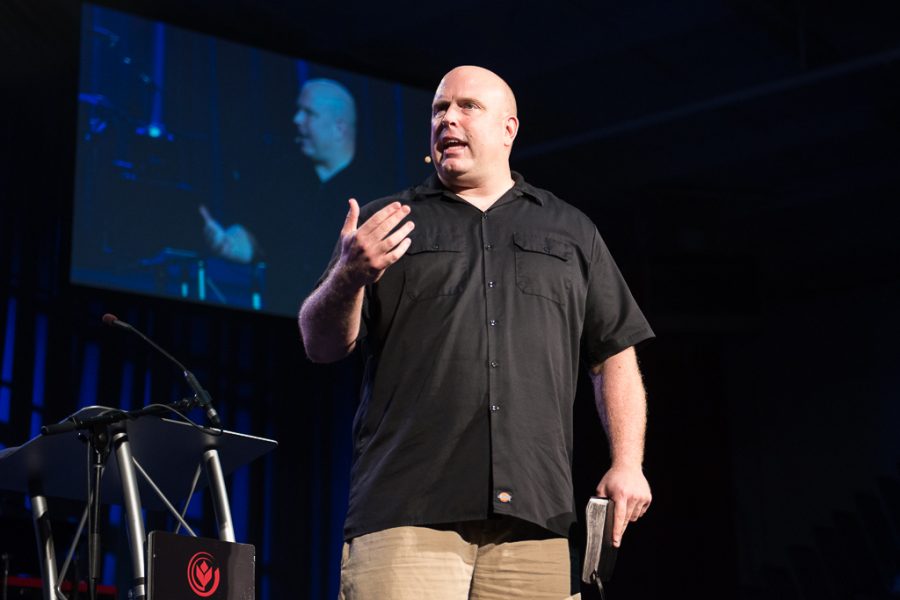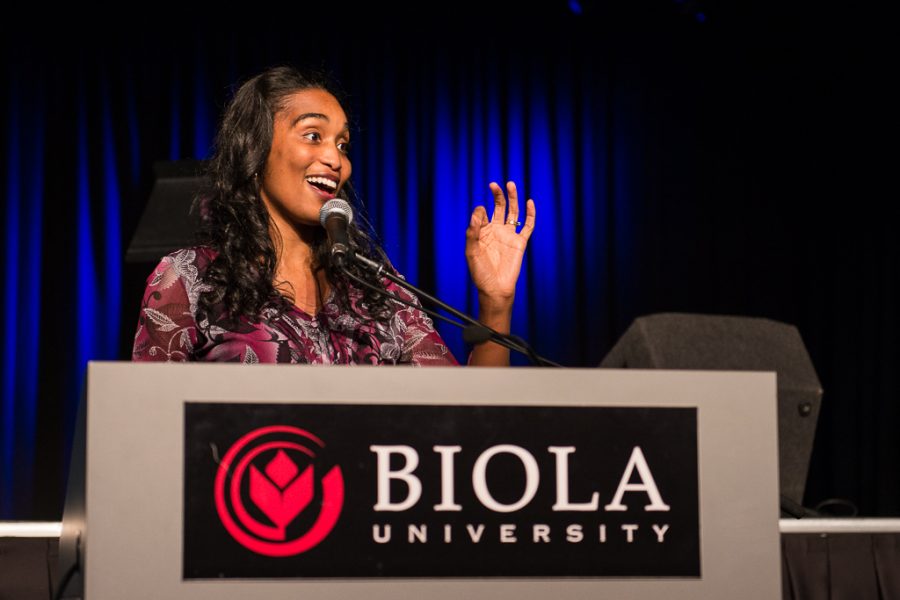“The single story creates stereotypes, and the problem with stereotypes is not that they are untrue, but that they are incomplete. They make one story become the only story.” -Chimamanda Ngozi Adichie, TED talks
Human Tapestry, a workshop put on by Biola’s Multi-Ethnic Programs & Development, tackled the importance of storytelling. Glen Kinoshita, director of MEPD, collaborated with the department’s associate director Tamra Newman and coordinator Alicia Miller to engage students in stories and group discussions. The workshop equipped students with the tools they would need to become better listeners of society and better story tellers. In this workshop, two clips were shown. One of the videos Chimamanda Ngozi Adichie a who highlighted the danger of a single story and the second clip of Biola alumna Nallely Lopez who illustrated a single story. The session illustrated the importance of listening while showing how dangerous type-casting and stereotyping can be.
In Chimamanda Ngozi Adichie’s story, we were introduced to a young Nigerian girl who start reading and writing at an early age. She had never been outside of Nigeria and read American and British literature. Being an early reader and writer, Adichie integrated how she viewed characters into the writing she started herself. From this, Adichie constructed a view of what she believed belonged in story books, not realizing that people like her, with “chocolate skin and kinky hair,” could also be a part of stories. Adichie also grew up in conservative middle class family and had a servant, whom she pitied. The boy was poor and when Adichie came to America for school, her roommate stereotyped and pitied her as well. It was when the act was reciprocated, that she had realized what she had done to someone else.
When it comes to Biola alumna Nallely Lopez, we learn that she was the first in her family to graduate from college. She struggled with finding a place to fit in. Nallely was raised by her seven aunts because her parents were constantly working and in the eighth grade, she was jumped into a gang.
“I always felt that I had this sense of not belonging anywhere. Here [at Biola], I am Mexican American, at home I am Mexican, and in Mexico I am considered White… I felt rejected at home and at school I felt like a truant,” Lopez said.
Lopez described gang involvement as a family.
“They accepted me as I was. For the first time, I felt like I belonged somewhere,” she said.
After both of these stories, we were brought into group discussion. We were challenged, as a community, to reflect on how we related to both of these stories. People recognized our culture as “self-absorbed and ignorant to other cultures.” Others said we were “Lazy because we do not take the time and effort to figure someone out…” Each of these pointed to the simple fact that we categorize, stereotype, and fail to take the time to listen.
The entire time I was in there, I was not in shock about anything that was said or had been recorded for clips but I felt a sense of peace. Not because it was someone other than myself, but because I realized that I was in a room full of people who consciously and unconsciously have the same downfall. We stereotype and categorize people before we get to know them. This workshop put into perspective what we, as Christians and as human beings, should be aware of and strive to avoid. These are the stories of our community. Single stories have been our downfall.







